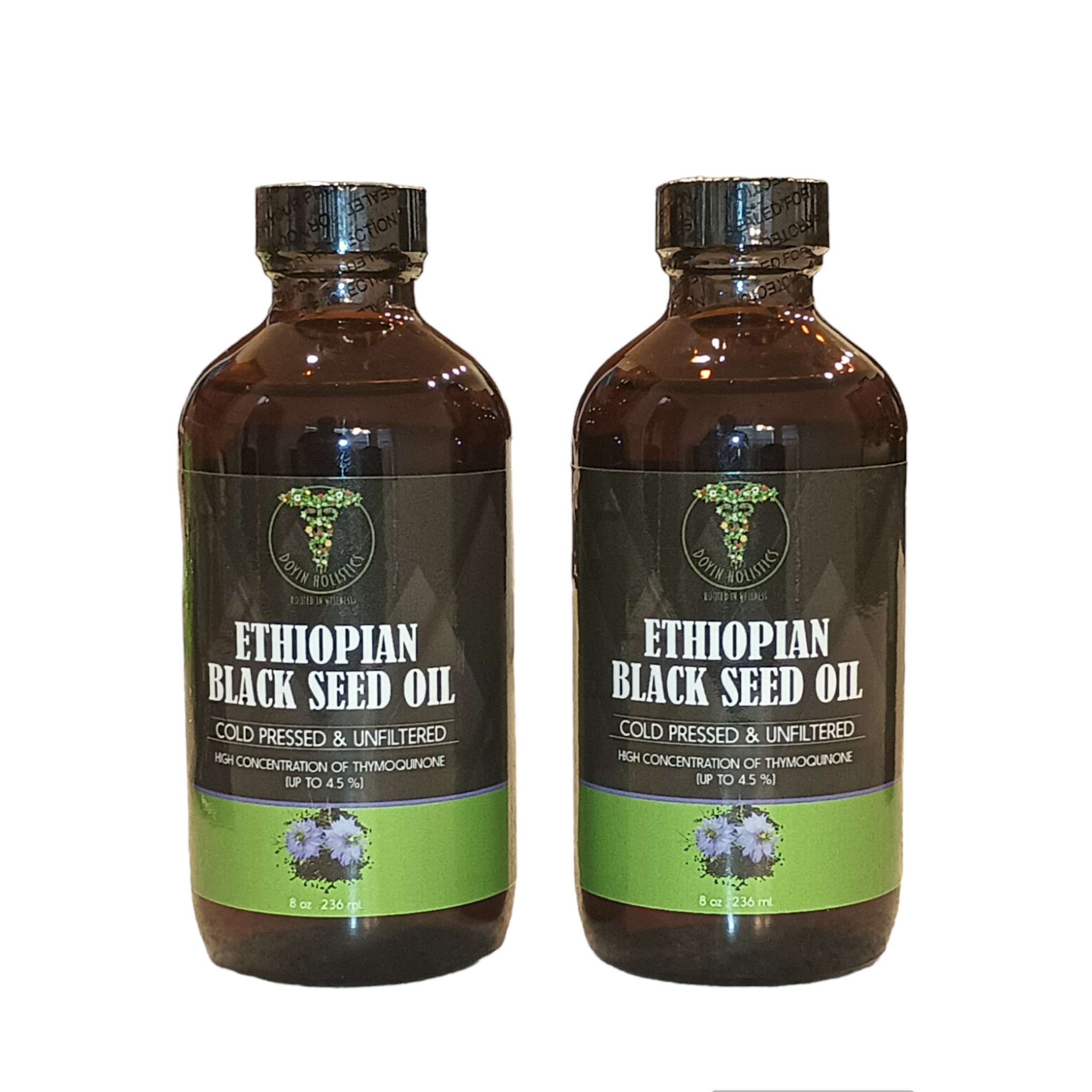Mounting evidence support the potential benefits of functional foods or nutraceuticals for human health and diseases. Black cumin (Nigella sativa L.), a highly valued nutraceutical herb with a wide array of health benefits, has attracted growing interest from health-conscious individuals, the scientific community, and pharmaceutical industries. The pleiotropic pharmacological effects of black cumin and its main bioactive component, thymoquinone (TQ), have been manifested by their ability to attenuate oxidative stress and inflammation, while promoting immunity, cell survival, and energy metabolism. All of these characteristics have diverse health benefits, including protection against metabolic, cardiovascular, digestive, hepatic, renal, respiratory, reproductive and neurological disorders, cancer, and more. Furthermore, black cumin acts as an antidote, mitigating various toxicities and drug-induced side effects.
The prevalence of chronic kidney disease (CKD) is increasing worldwide, and a close association between acute kidney injury (AKI) and CKD has recently been identified. Black cumin (Nigella sativa) has been shown to be effective in treating various kidney diseases. Accumulating evidence shows that black cumin and its vital compound, thymoquinone (TQ), can protect against kidney injury caused by various xenobiotics, namely chemotherapeutic agents, heavy metals, pesticides, and other environmental chemicals. Black cumin can also protect the kidneys from ischemic shock. The mechanisms underlying the kidney protective potential of black cumin and TQ include antioxidation, anti-inflammation, and antifibrosis which are manifested in their regulatory role in the antioxidant defense system, NF-κB signaling, caspase pathways, and TGF-β signaling. In clinical trials, black seed oil was shown to normalize blood and urine parameters and improve disease outcomes in advanced CKD patients.
Black cumin (Nigella sativa L.) (family Ranunculaceae) is a largely utilized therapeutic herb worldwide. This comprehensive review discusses the pharmacological benefits of black cumin seed oil, focusing on its bioactive component thymoquinone (TQ). The review is structured as follows: First, we examine the antimicrobial properties of black cumin oil, followed by an analysis of its antioxidant capabilities. Finally, we explore its therapeutic potential, particularly in neurodegenerative diseases and COVID-19. Phytochemicals from N. sativa have exhibited potential for developing novel preventive and therapeutic strategies against jaundice, gastrointestinal disorders, skin diseases, anorexia, conjunctivitis, dyspepsia, intrinsic hemorrhage, amenorrhea, paralysis, anorexia, rheumatism, diabetes, hypertension, fever, influenza, eczema, asthma, cough, bronchitis, and headache. The broader spectrum of application for N. sativa and its essential bioactives have certainly enhanced the commercial value of this seed oil. TQ, a major constituent of black cumin seed oil, has numerous beneficial properties. Researchers have extensively studied black cumin seed oil and its major component, TQ. These studies have revealed a wide range of pharmacological properties, including anticancer, immunomodulatory, analgesic, antimicrobial, antidiabetic, and anti-inflammatory effects. Additionally, TQ has shown neuroprotective, spasmolytic, bronchodilatory, hepatoprotective, renoprotective, gastroprotective, and antioxidant activities.
Source- https://pubmed.ncbi.nlm.nih.gov/39807848/






